| Manufacturer | Seiko |
| Caliber Number | 6R54, 6R54A |
| Movement Type | Automatic, self-winding mechanical |
| In-House? | Yes |
| Diameter | 27.4mm |
| Casing Diameter | 27mm |
| Height | 5.3mm |
| Jewels | 24 |
| Vibrations Per Hour | 21,600 bph |
| Lift Angle | 53 degrees (needs confirmed) |
| Power Reserve | ~72 hours (3 days) |
| Accuracy Rating | +25 t0 -15 seconds/day |
| Shock System? | Diashock |
| Mainspring | Spron 510 |
| Regulation | ETACHRON |
| Rotor Direction | Bi-directional (Magic Lever) |
| Hand-Windable? | Yes |
| Magnetic Resistance | 4,800 A/m (60 gauss) |
| Functions | Central hours; central minutes; central sweeping seconds hand; central GMT hand; date at 4:30 |
| Hacking? | Yes |
| Country of Manufacture | Japan |
| Known Models | Seiko Prospex GMT: SPB381 (SPB381J1), SPB383 (SPB383J1), SPB385 (SPB385J1) |
The Seiko caliber 6R54 (6R54A) is an automatic movement that is part of what Seiko refers to as the high performance 6R series caliber. This movement is based on the caliber 6R35 framework. The Prospex GMT powered by the 6R54 was announced in March 2023. It is the first time the Prospex dive watch line features a mechanical GMT movement. The watches are scheduled to be available in June 2023.
Some of the topics covered in this caliber listing:
GMT Complication:
The GMT or second time zone complication on the cal. 6R54 is what is known as a caller GMT or office GMT. This means that the central GMT hand can be set independently. In Seiko’s own words:
“The GMT hand can be set independently in one-hour increments without interrupting the time-of-day hands and allows the wearer to see, at a glance, the time in a second time zone.” –source
6R54 Vs 6R64:
The Seiko caliber 6R64 is another GMT in the 6R family of movements. The first big difference between these two is that the 6R54 is a so-called office GMT as mentioned above, and the 6R64 is a traveler’s GMT, meaning the main hour hand is independently set for quick adjustments when “jumping” time zones (without having to hack the watch or adjust the minutes).
Aside from the GMT functionality, the 6R54 being discussed here is a 4-hander (main time + GMT), whereas the 6R64 is a 6-hander with a power reserve indicator around 9:30 and a pointer date subdial at 6:00. Other differences are below:
| 6R54 | 6R64 | |
| Jewel Count | 24 | 29 |
| Power Reserve | 72 hours | 45 hours |
6R54 VS NH34:
Any movement from the 6R series is going to be Seiko only. Calibers from Seiko Instruments (SII) starting with NH are available for any brands or watch modders.
While the 6R54A and the NH34A movements share a lot of similarities, they are also different in some ways. They are both the same size, with the same general functionality, including hacking, manual winding, and an independently set GMT hand; and they both have 24 jewels and a beat rate of 21,600bph.
Differences: The power reserve of the 6R54 has been nearly doubled from an average of 41 hours on the NH34, to 72 hours on the Seiko only version. Also, the finishing on the 6R54 is higher quality compared to the NH series. While the press image shown above features a gold tone rotor, it doesn’t mean all 6R54 watches will have that setup – but still, you can expect the rotor to be finished with Geneva stripes compared to the plain Jane NH34 rotor. Another difference is that the 6R has a SPRON 510 mainspring – the same mainspring that is found in Grand Seiko calibers.
6R54 / 6R54A / 6R54B / 6R54C:
This is still a rather new movement, so currently there is only the 6R54A. The general caliber number is 6R54, with 6R54A being the first version. The subsequent letter variations indicate evolution stages in the movements development. This post will be updated if the movement gets any upgrades.
Accuracy of the 6R54:
Seiko claims the accuracy of the caliber 6R54 has a rating of -15/+25 seconds per day in normal temperature conditions (between 5 – 35 degrees C).
Seiko says this about accuracy:
- The accuracy of mechanical watches may not fall within the specified range of time accuracy because of loss/gain changes due to the conditions of use, such as the length of time during which the watch is worn on the wrist, arm movement, whether the mainspring is wound up fully or not, etc.
- The key components in mechanical watches are made of metals which expand or contract depending on temperatures due to metal properties. This exerts an effect on the accuracy of the watches. Mechanical watches tend to lose time at high temperatures while they tend to gain time at low temperatures.
- In order to improve accuracy, it is important to regularly supply energy to the balance that controls the speed of the gears. The driving force of the mainspring that powers mechanical watches varies between when it is fully wound and immediately before it is unwound. As the mainspring unwinds, the force weakens.
- Relatively steady accuracy can be obtained by wearing the watch on the wrist frequently for the self-winding type and winding up the mainspring fully everyday at a fixed time to move it regularly for the wind-up mechanical type.
- When affected by external strong magnetism, a mechanical watch may loss/gain time temporarily. The parts of the watch may become magnetized depending on the extent of the effect. In such a case, consult the retailer from whom the watch was purchased since the watch requires repair, including demagnetizing.
Power Reserve:
While recent 6R series calibers were said to have a power reserve of “at least 70 hours”, the new 6R54 powered watches have “3 Days” written across the dial. Here Seiko also says: “Seiko is introducing a new movement in the long-trusted 6R family that has a GMT function and a power reserve extended to a full 72 hours”. To fully wind the mainspring, turn the crown a minimum of 55 times.
Editor’s Note: The question that some enthusiasts may have is: did Seiko actually make an improvement or was the updated 6R already capable of the extra two hours and Seiko realized 72 = 24 hours x 3 days… and 3 Days looks good on a dial and sounds good in press-releases. This is where transparency is useful, not only in figuring out whether it’s worth it to choose one watch over another, but also in tracking the evolution of a watch brand.
Can you overwind the movement?
No. According to the Seiko documentation, manually winding the movement after it is already fully wound will not break the spring.
When can you adjust the date?
Do not adjust the date between 9:00 PM and 1:00 AM.
Stem Removal:
To remove the stem, make sure the crown is in position 0 or normal position (not date or time setting position). There is a lever with a small indentation for your tool. Gently press down while pulling the stem out. See official instructions below for more guidance:
How often does the 6R54 need serviced?
According to official Seiko documentation, watches with the caliber 6R54 should be serviced every 2-3 years. Learn all about Seiko service intervals here. At the time of this post, the starting cost of getting this movement overhauled by Seiko is $260.00 USD.
Examples of watches with caliber 6R54:
Additional Resources:



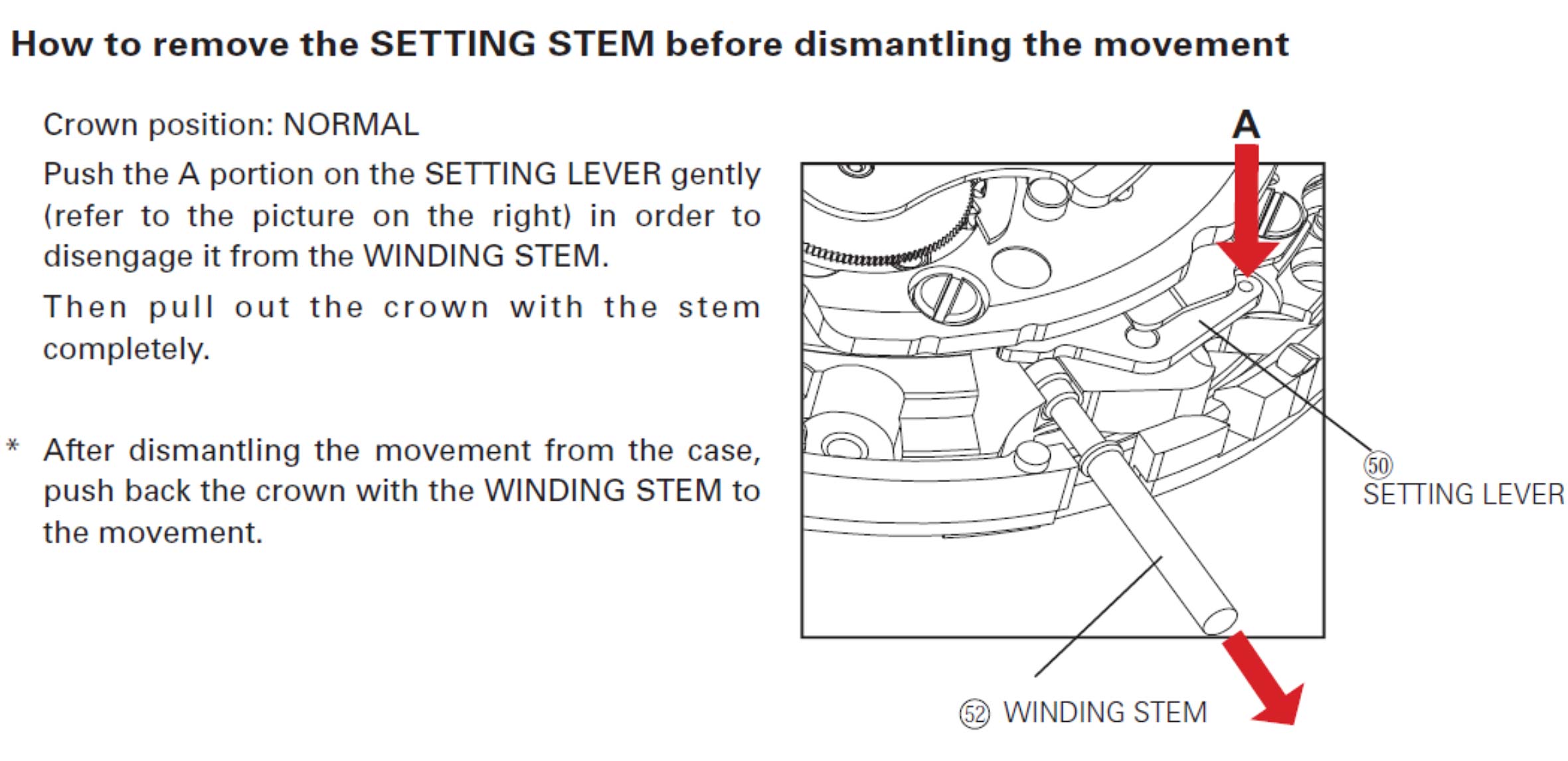



 network of watch sites
network of watch sites




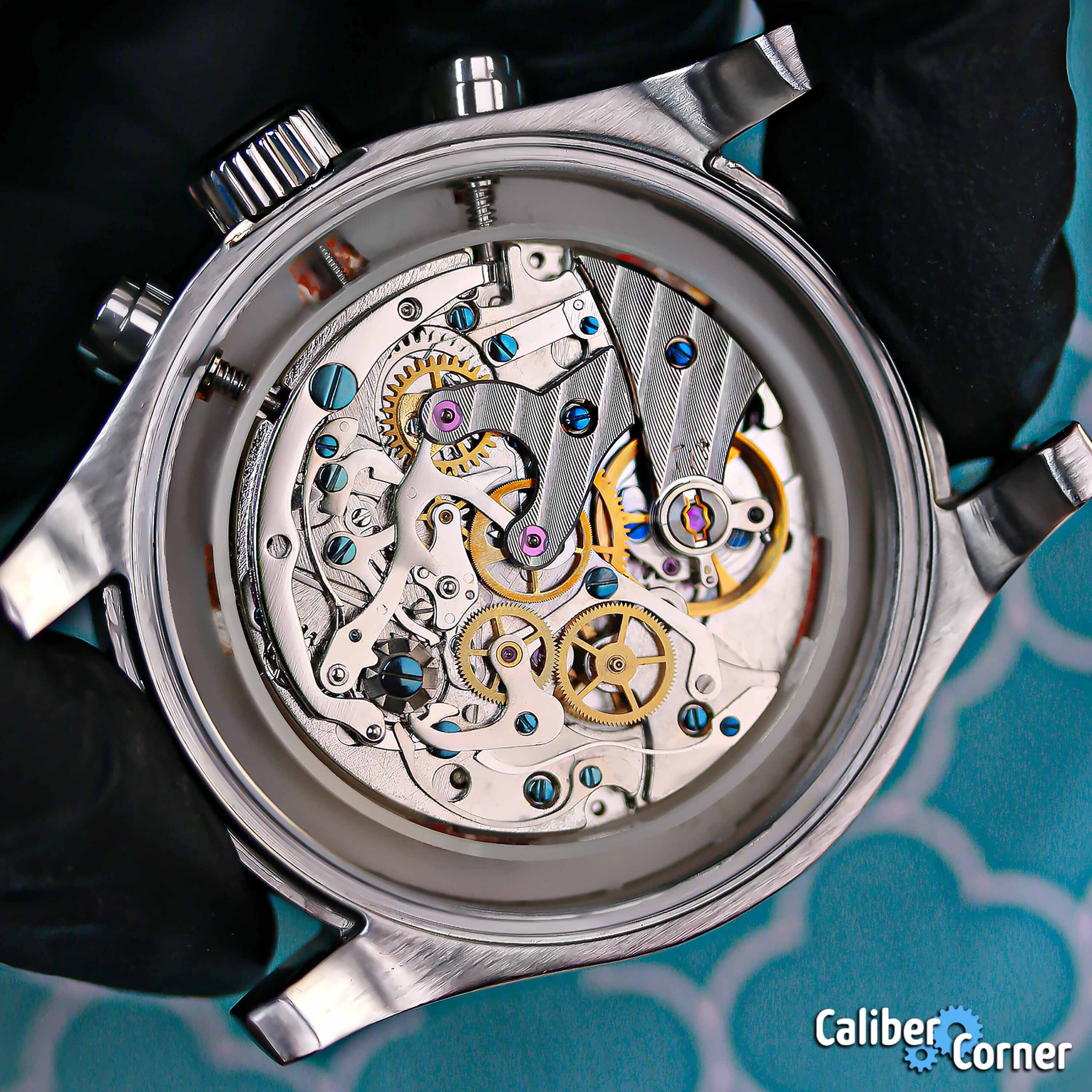

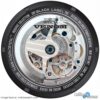

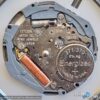
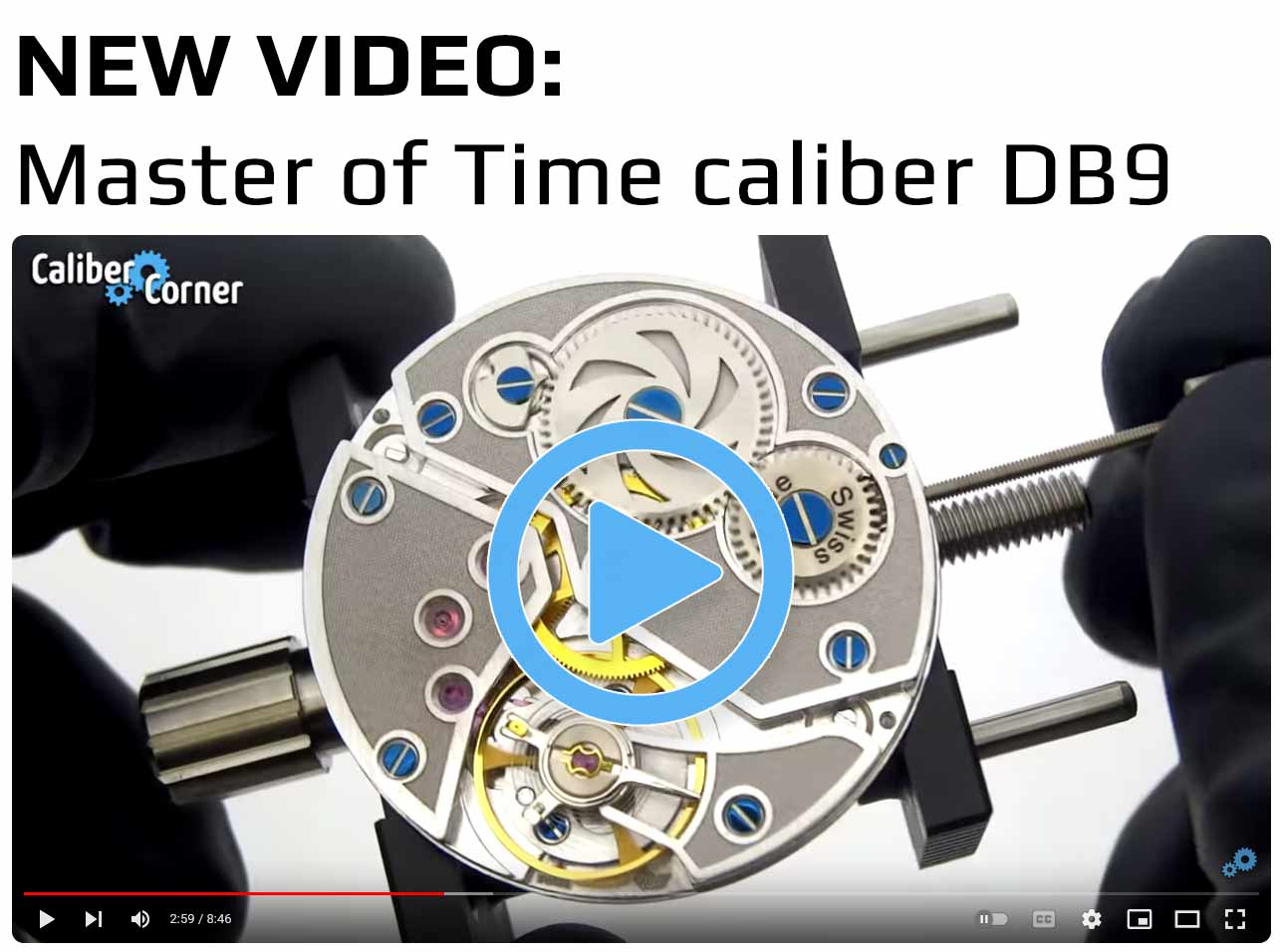


Recent Comments
This caliber is made in China. Oversight when writing this caliber listing. Chart updated! Thanks…
Point of inquiry: Is this a Chinese-made Swiss-designed movement, or all Chinese? Asking because it's…
I have one of these in a Glycine. It gains about +1/d, if that. If…
Bonjour de France. Voilà ma modeste contribution à ce site qui m'est fort utile. Merci…
Speidel uses it in their automatic watches as well
The Oris Pointer date currently does not have an in-house movement. They are currently powered…
The C125 R4 is used by Lorca in the Model No 1 GMT.